Auxin: Production, Biosynthesis and Role in Plant Development
The word auxin has a Greek origin: auxein means to enlarge or to grow. Auxins are an important category of plant hormones, regulating many aspects of plant growth and development throughout the plant cell cycle, from cell division, cell elongation and vascular differentiation to root initiation, somatic embryogenesis, apical dominance, tropistic responses, flowering, fruit ripening, senescence, parthenocarpy, dormacy and pollen maturation. Common purification procedures for the determination of auxins include column chromatography, solid phase extraction, liquid-liquid and mass spectrometric detection. This book discusses the production, biosynthesis and role of auxin in plant development. The topics include the effects of inoculation of auxin producing bacteria on root development in model plants and semihardwood olive cuttings; auxin’s role in plant defense; auxin’s influence on plant developmental responses during salinity; the history, synthesis, transport, determination, metabolism, properties and physiological effects of auxins in plant growth; and the inclusion compounds of auxins in cyclodextrins.
{{comment.content}}
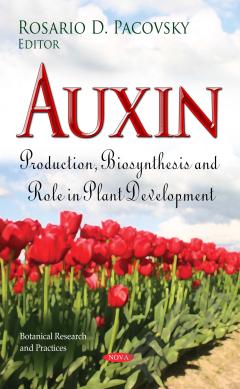

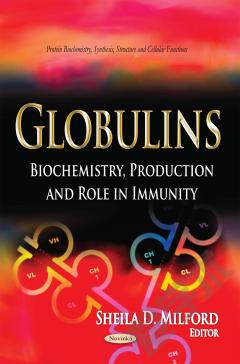
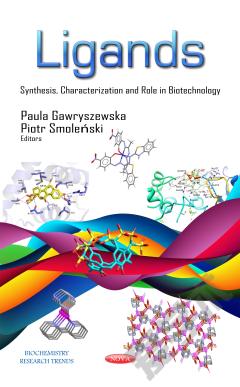

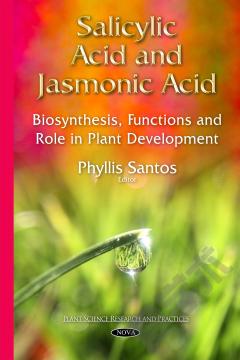
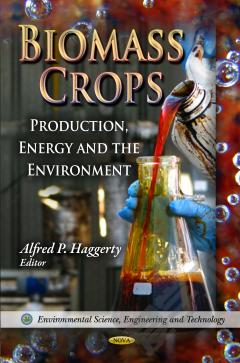

 京公网安备 11010802027623号
京公网安备 11010802027623号